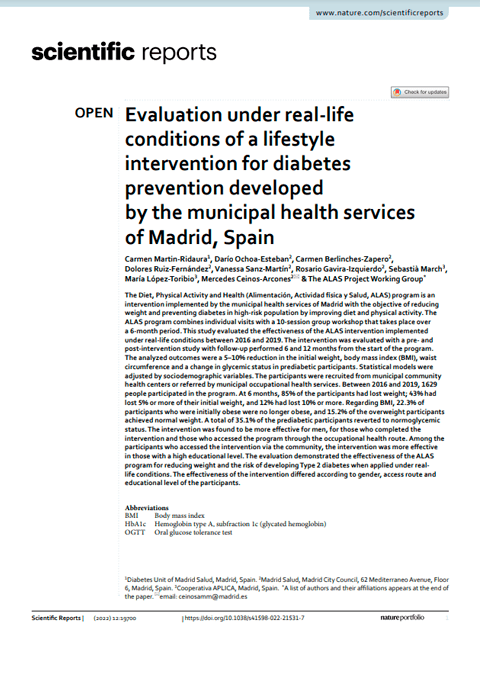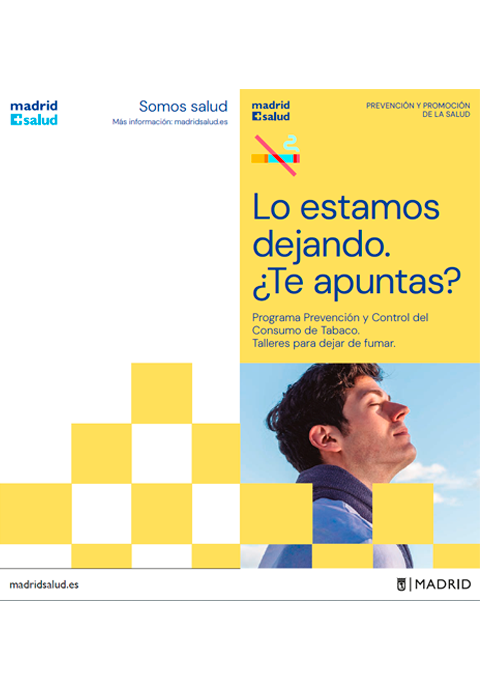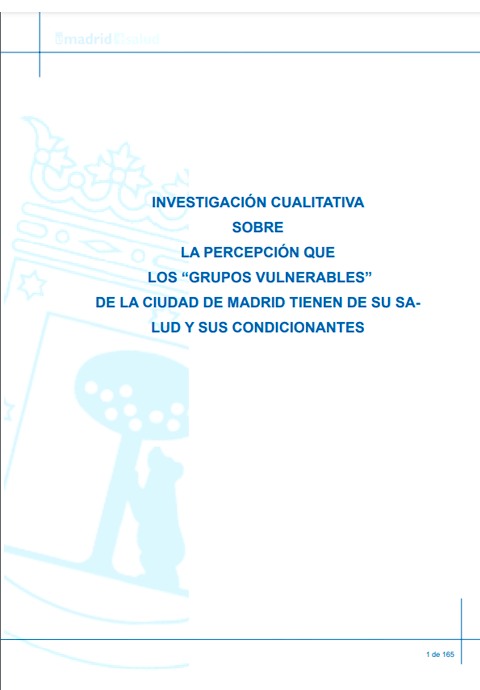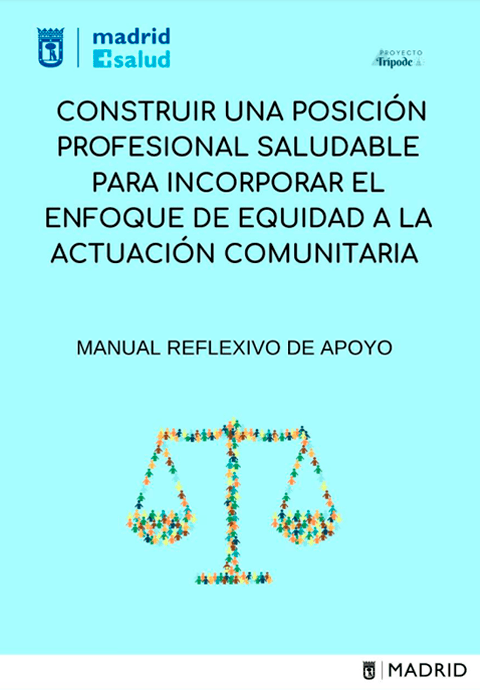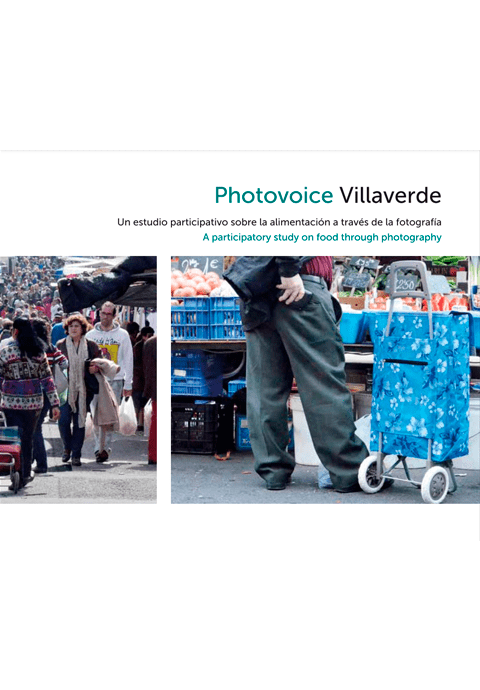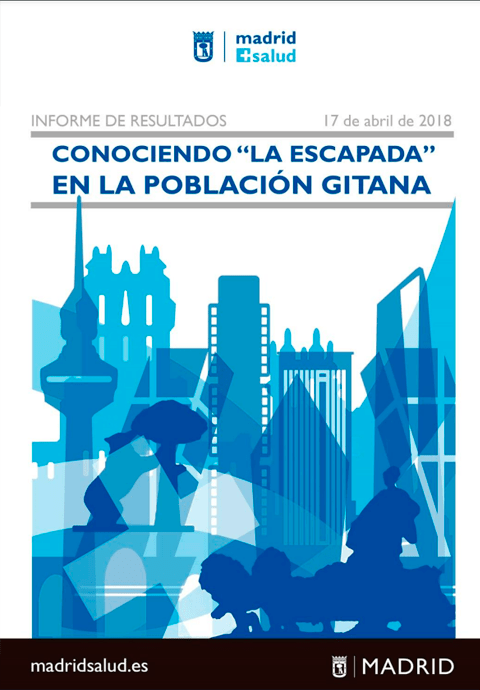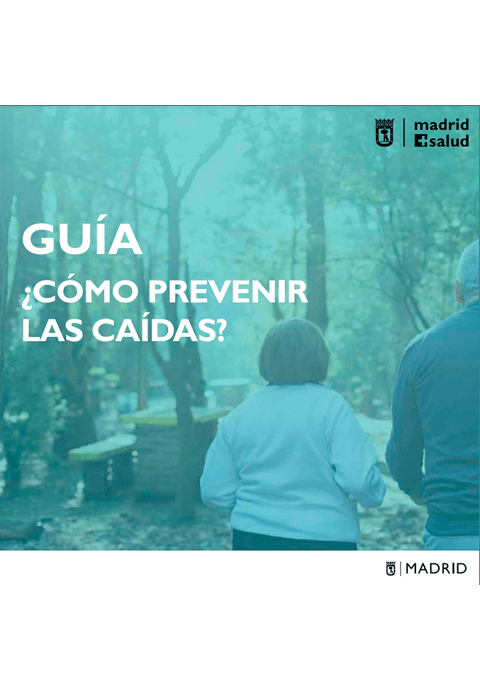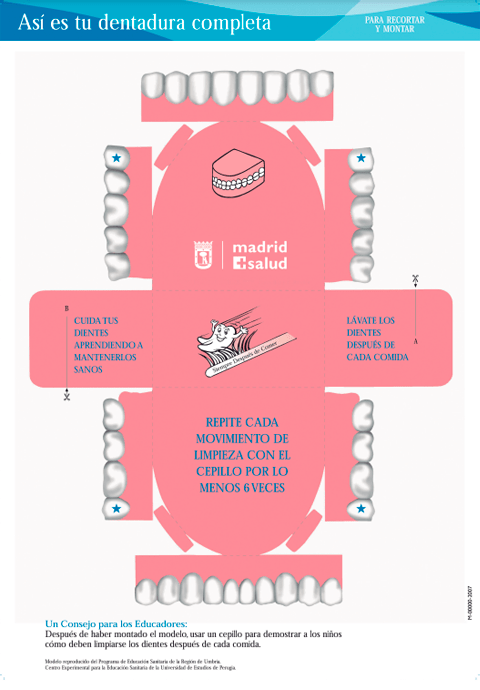The Diet, Physical Activity and Health (Alimentación, Actividad física y Salud, ALAS) program is an intervention implemented by the municipal health services of Madrid with the objective of reducing
weight and preventing diabetes in high-risk population by improving diet and physical activity. The ALAS program combines individual visits with a 10-session group workshop that takes place over
a 6-month period. This study evaluated the efectiveness of the ALAS intervention implemented under real-life conditions between 2016 and 2019. The intervention was evaluated with a pre- and
post-intervention study with follow-up performed 6 and 12 months from the start of the program.
The analyzed outcomes were a 5–10% reduction in the initial weight, body mass index (BMI), waist circumference and a change in glycemic status in prediabetic participants. Statistical models were
adjusted by sociodemographic variables. The participants were recruited from municipal community health centers or referred by municipal occupational health services. Between 2016 and 2019, 1629
people participated in the program. At 6 months, 85% of the participants had lost weight; 43% had lost 5% or more of their initial weight, and 12% had lost 10% or more. Regarding BMI, 22.3% of
participants who were initially obese were no longer obese, and 15.2% of the overweight participants achieved normal weight. A total of 35.1% of the prediabetic participants reverted to normoglycemic
status. The intervention was found to be more efective for men, for those who completed the intervention and those who accessed the program through the occupational health route. Among the
participants who accessed the intervention via the community, the intervention was more efective in those with a high educational level. The evaluation demonstrated the efectiveness of the ALAS
program for reducing weight and the risk of developing Type 2 diabetes when applied under reallife conditions. The efectiveness of the intervention difered according to gender, access route and
educational level of the participants.

